Is conflict between the US and China inevitable?
China’s new foreign minister warns of ‘conflict and confrontation’ with Washington while defending ties with Russia
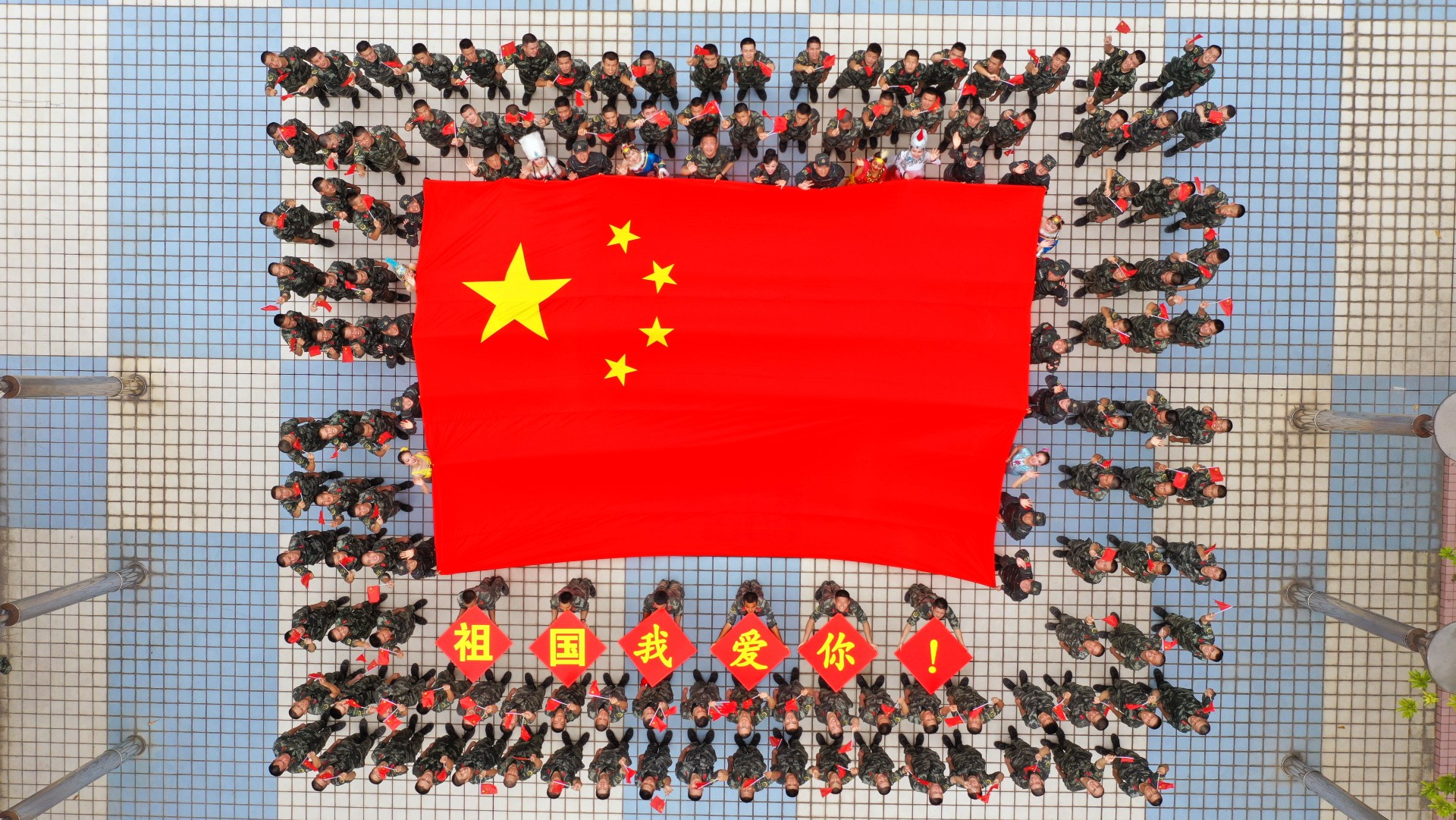
A free daily email with the biggest news stories of the day – and the best features from TheWeek.com
You are now subscribed
Your newsletter sign-up was successful
China’s new foreign minister has warned his nation is heading towards an inevitable “conflict and confrontation” with the US unless Washington changes course, signalling a new low in relations between the two superpowers.
In what The Guardian described as a “bellicose first press conference”, Qin Gang outlined China’s foreign policy agenda for the coming years. He referred to the US and its allies as “a source of tension and conflict” while presenting Beijing’s relationship with Russia as “a beacon of strength and stability”.
Both stances could have serious geopolitical implications, including on how the war in Ukraine plays out.
The Week
Escape your echo chamber. Get the facts behind the news, plus analysis from multiple perspectives.

Sign up for The Week's Free Newsletters
From our morning news briefing to a weekly Good News Newsletter, get the best of The Week delivered directly to your inbox.
From our morning news briefing to a weekly Good News Newsletter, get the best of The Week delivered directly to your inbox.
What did the papers say?
Relations between the two superpowers, said Reuters, “have been tense for years over a number of issues including Taiwan, trade and more recently the war in Ukraine but they worsened last month after the United States shot down a balloon off the US east coast that it says was a Chinese spying craft”. Ties are now “at their worst in decades”, agreed CNN.
The news network reported that Qin, who until recently was China’s ambassador to the US, “built up a reputation for being a careful and accomplished diplomat while overseas”. But the press conference was “highly scripted”, suggesting his comments were part of a coordinated shift from the country’s leadership.
The Guardian noted the general tone also aligned with a speech by Chinese president Xi Jinping to political delegates on Monday, decrying what he called US-led “suppression” of China.
The Financial Times (FT) described this as “a highly unusual direct criticism of the US” by China’s leader, adding that “while Xi frequently uses nationalist rhetoric, he rarely mentions the US directly in criticising Washington’s policies”.
A free daily email with the biggest news stories of the day – and the best features from TheWeek.com
It comes in response to “growing concerns in Washington that Beijing could pose the biggest threat to US security”, which have in turn “driven efforts to counter its influence”, said the FT. This includes “export controls and sanctions targeting Chinese technology companies, strengthening ties with allies in the Indo-Pacific region and stronger support for Taiwan”.
What next?
Today, the “Thucydides Trap” – when a presumptive power challenges an established one leading to war – “is most often used to describe fractious US-China relations and where they may lead – though the inevitability of armed conflict is a matter of hot debate”, said Time.
“Objectors cite intertwined supply chains, established international governance mechanisms, and bilateral trade that reached a record $760 billion last year. Endorsers point to resurgent nationalism, concerted military build-ups, and increasingly bellicose rhetoric on both sides,” added the magazine.
One particular area of concern is the financial decoupling between the US and China exacerbated by the war in Ukraine. “China has been taking steps toward boosting its own currency overseas and empowering its contingency-payment and settlement systems in the past year,” said the South China Morning Post.
It added: “US dollar hegemony has been a frequent target of criticism by the Chinese government in recent years, with the US-China trade war plunging bilateral relations to a decades-low point, and the ongoing tech-decoupling endeavours of the Biden administration have raised concerns of an all-out clash.”
This has made conflict between the world’s two largest economies – once unthinkable – more likely.
In a leaked internal memo last month, US General Mike Minihan warned his troops of China: “My gut tells me we will fight in 2025.”
The memo was described as “reckless and provocative” by the Chinese Communist Party tabloid Global Times and the Pentagon was quick to stress this view was not representative of the US defence department.
The balloon affair “has highlighted how strained US-China relations have become and how easily another dispute could curdle into conflict”, said The New York Times, yet “even those who hold countering China’s rise as a top national priority aren’t particularly keen to start a war, as it would almost certainly exact tremendous costs”.
At the most basic level, “China has neither the destructive capability nor the geopolitical motivation to destroy the US”, Minxin Pei, a professor of government at Claremont McKenna College, argued in Bloomberg in 2021.
Similarly from the US perspective, while the military “has shifted to focus on China and Russia after decades fighting insurgencies, it still faces challenges to produce weapons and come up with new ways of waging war”, said The Wall Street Journal, concluding that the “US is not yet ready for the era of ‘Great Power’ conflict”.
-
 Switzerland could vote to cap its population
Switzerland could vote to cap its populationUnder the Radar Swiss People’s Party proposes referendum on radical anti-immigration measure to limit residents to 10 million
-
 Political cartoons for February 15
Political cartoons for February 15Cartoons Sunday's political cartoons include political ventriloquism, Europe in the middle, and more
-
 The broken water companies failing England and Wales
The broken water companies failing England and WalesExplainer With rising bills, deteriorating river health and a lack of investment, regulators face an uphill battle to stabilise the industry
-
 Luton Airport bendy buses join Ukraine war effort
Luton Airport bendy buses join Ukraine war effortfeature And other stories from the stranger side of life
-
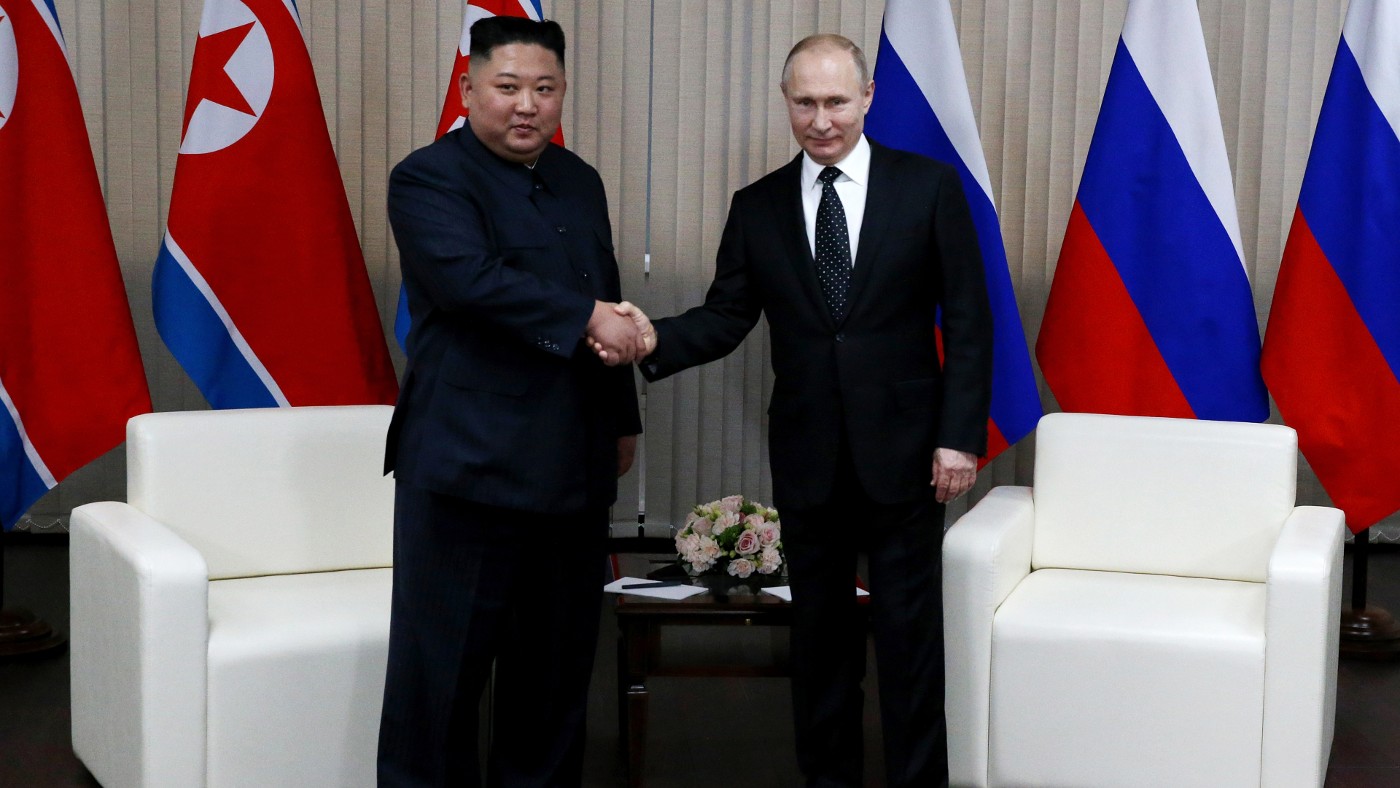 Would North Korean weapons tilt the war Russia’s way?
Would North Korean weapons tilt the war Russia’s way?Today's Big Question Putin wants to boost ‘depleted stocks’ but Pyongyang’s arms may be in poor condition
-
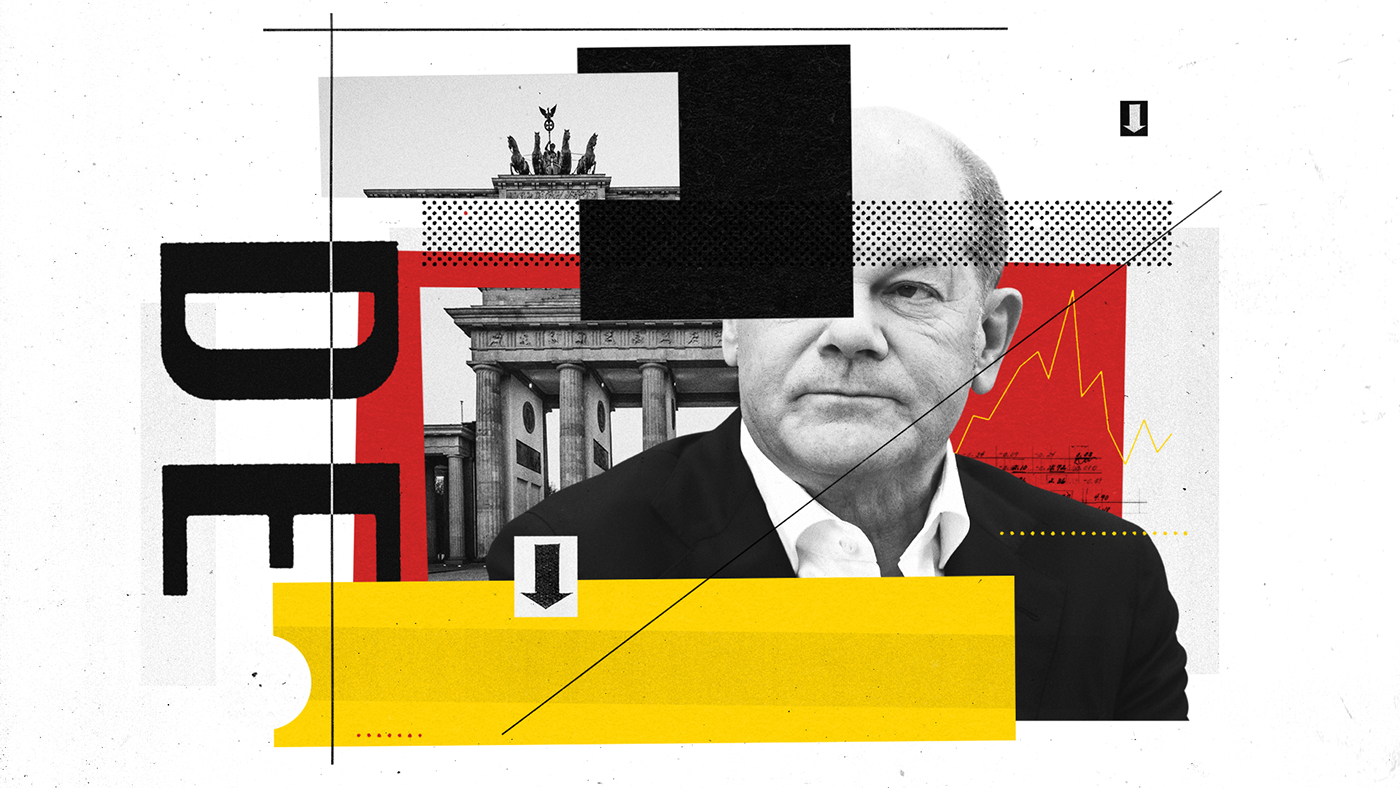 What went wrong with the German economy?
What went wrong with the German economy?Today's Big Question ‘Deep-rooted’ and ‘knotty’ problems threaten return of ‘sick man’ label
-
 Why are so many local councils on the brink of bankruptcy?
Why are so many local councils on the brink of bankruptcy?Today's Big Question Inflation, underfunding and growing demand for services has put pressure on local authorities at the worst time
-
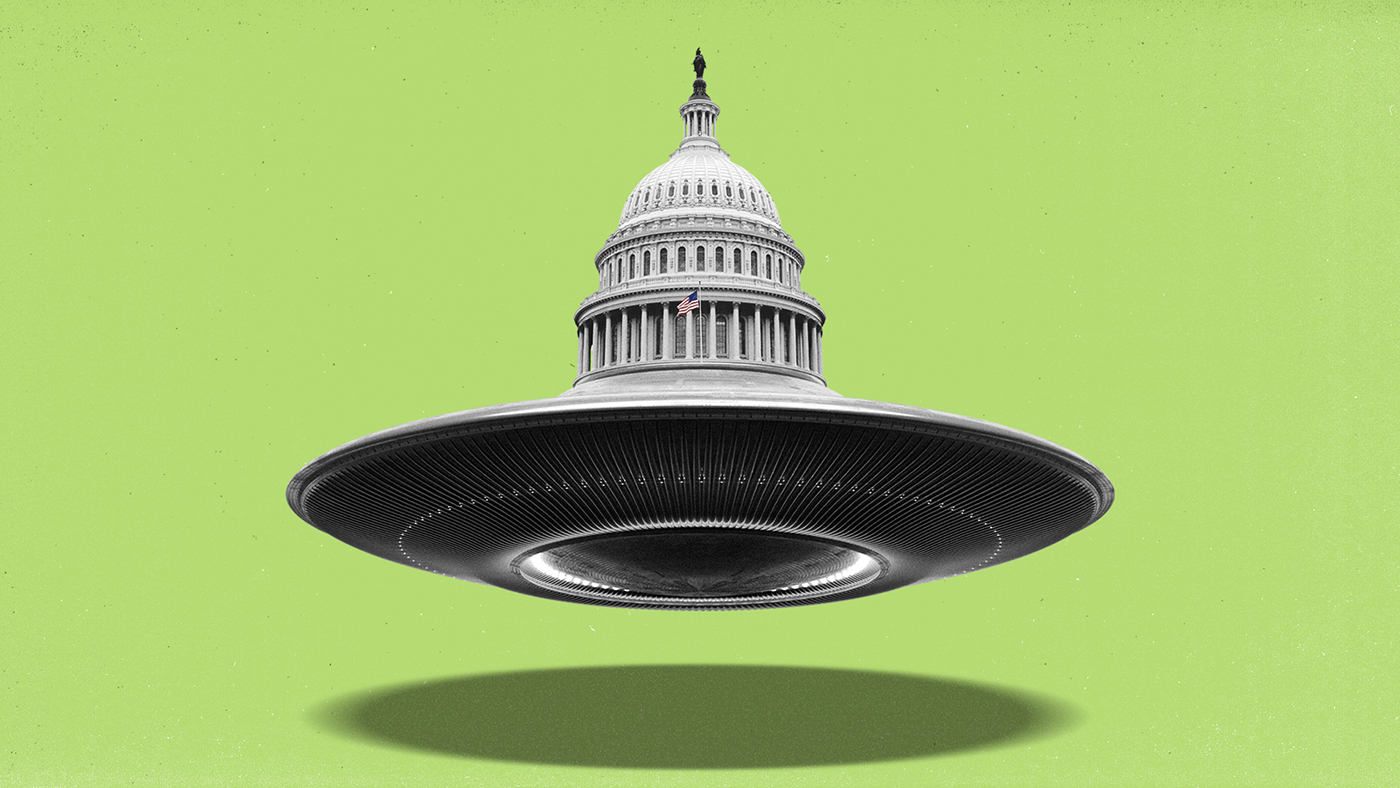 UFO hearing: why is Washington suddenly embracing aliens?
UFO hearing: why is Washington suddenly embracing aliens?Today's Big Question Speculation of extraterrestrial life has moved from ‘conspiracy fringe’ to Congress
-
 Can the Ukraine-Russia Black Sea grain deal be rescued?
Can the Ukraine-Russia Black Sea grain deal be rescued?Today's Big Question The Kremlin’s termination of agreement has sparked fears among food-insecure countries
-
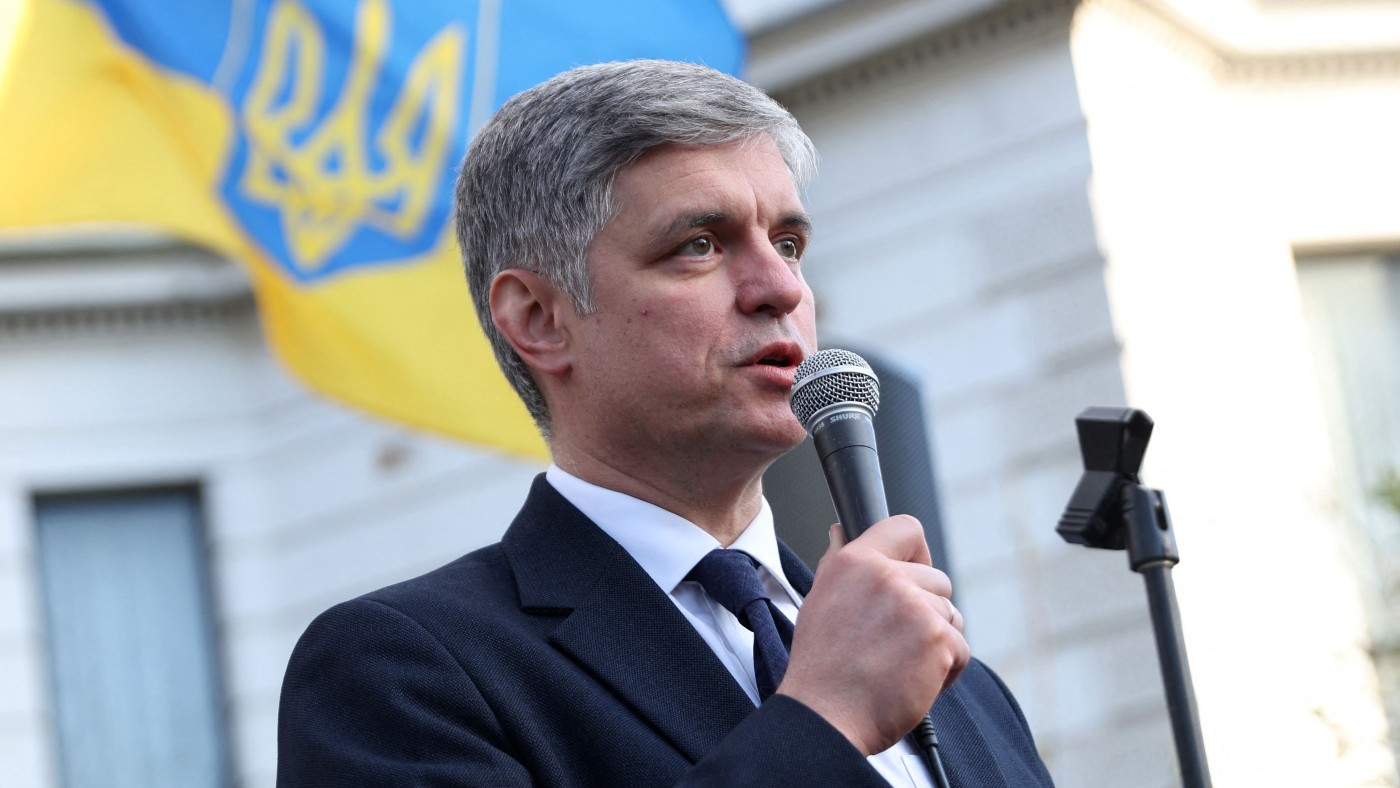 Zelenskyy sacks Ukraine ambassador to UK after sarcasm row
Zelenskyy sacks Ukraine ambassador to UK after sarcasm rowSpeed Read Vadym Prystaiko accused his boss of an ‘unhealthy sarcasm’ in response to British defence secretary Ben Wallace
-
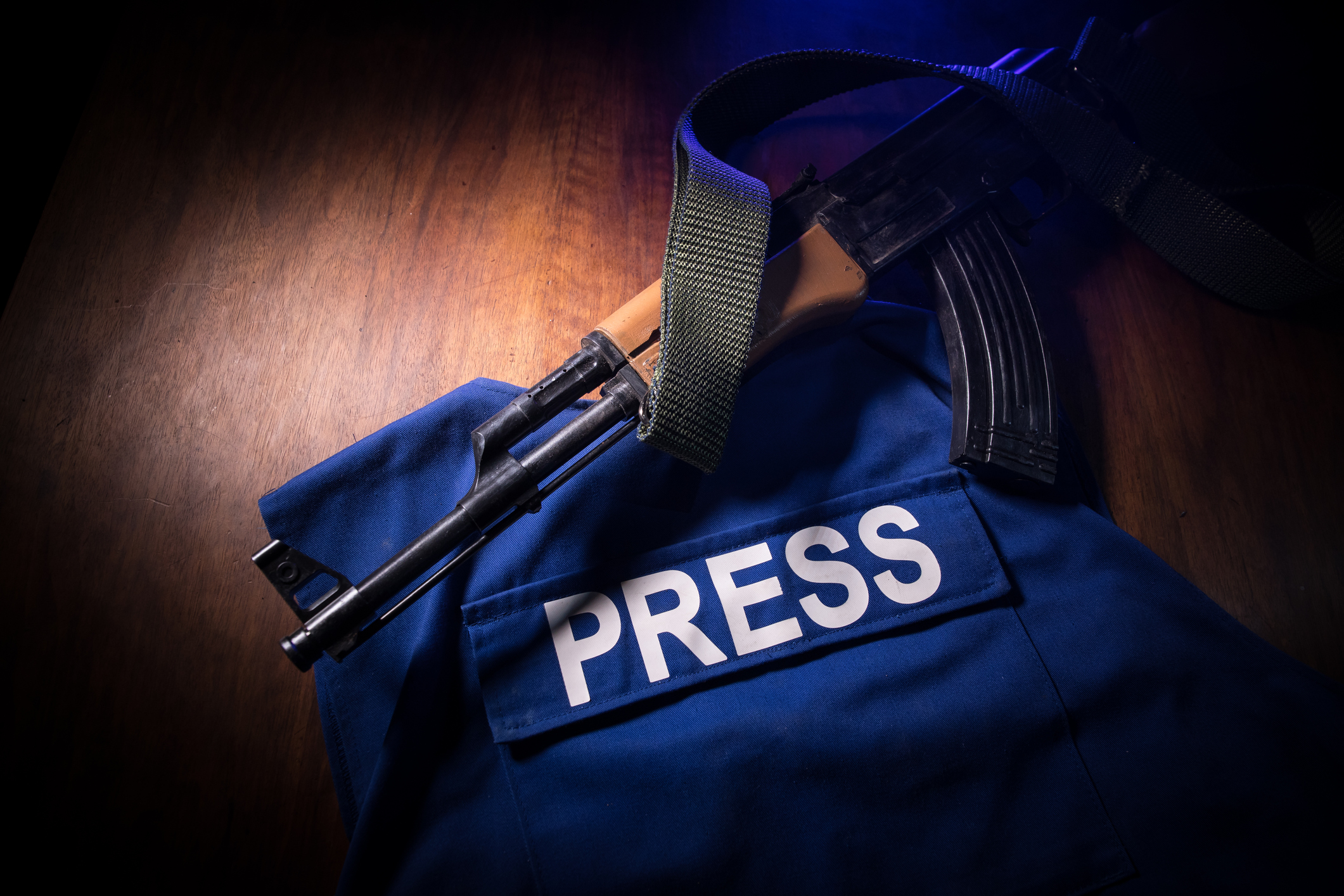 Why journalist deaths continue to rise around the world
Why journalist deaths continue to rise around the worldUnder the Radar Journalist deaths rose sharply in 2022 and don't appear to be slowing down this year